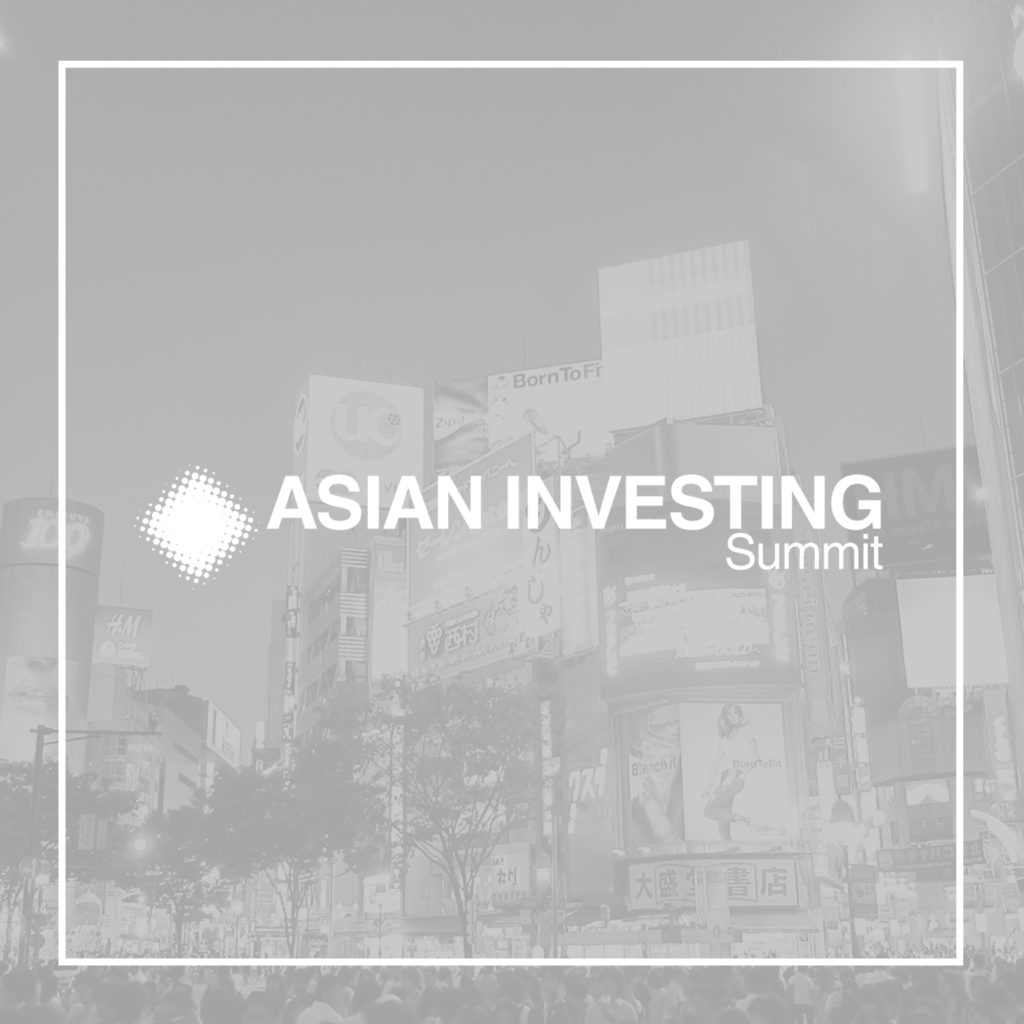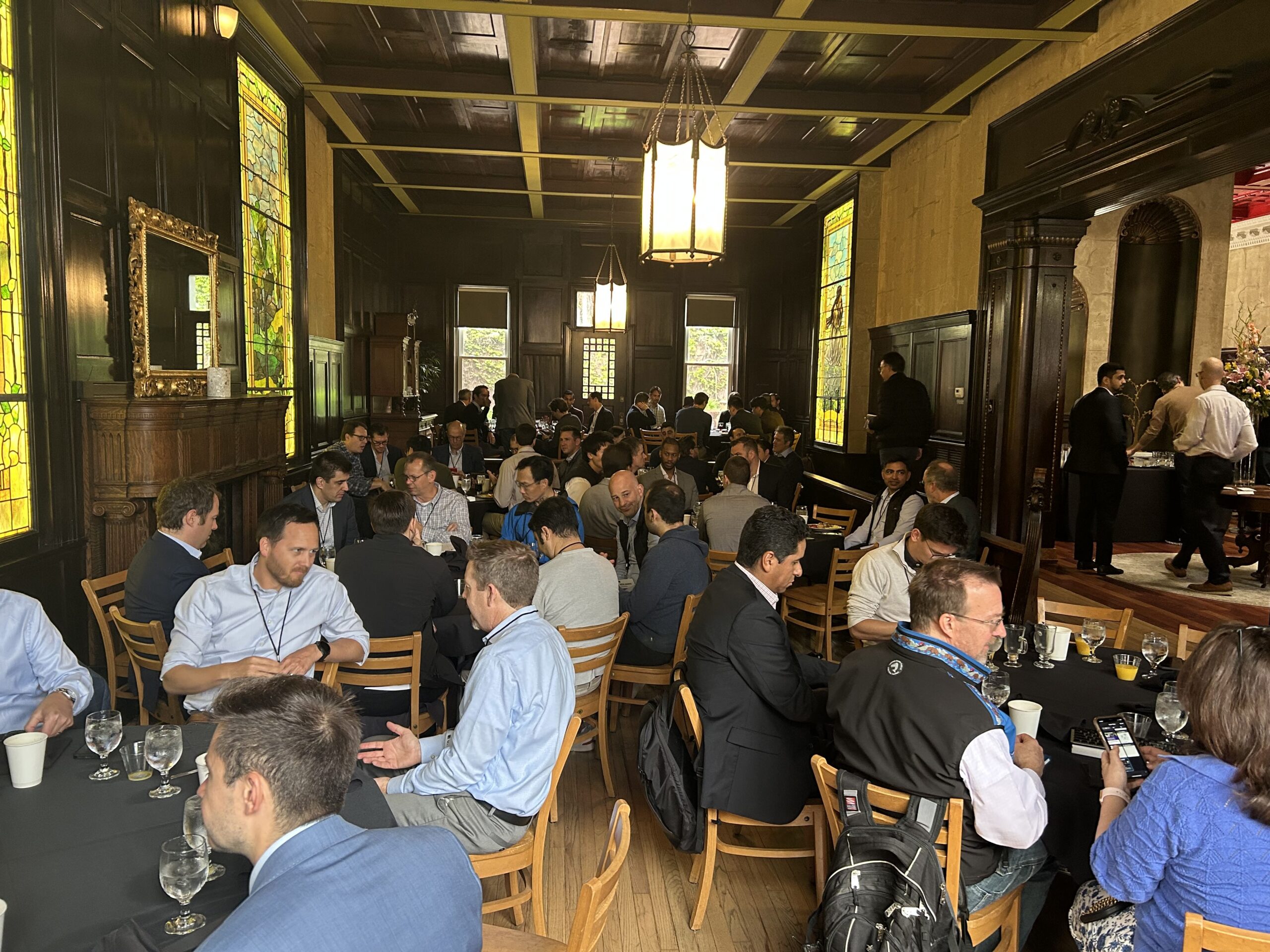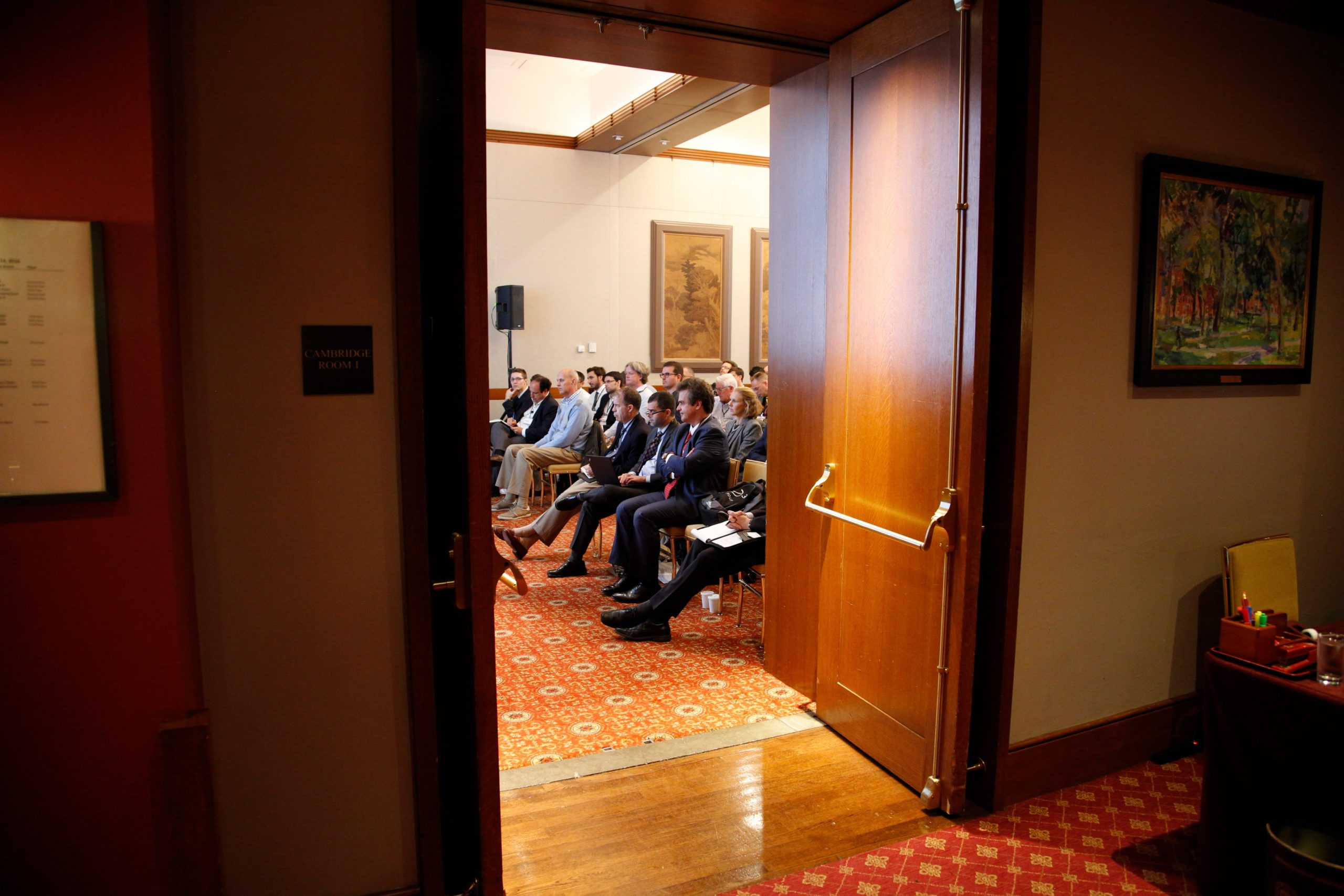This article is excerpted from a letter by MOI Global instructor Mark Walker, Managing Partner at Tollymore Investment Partners, based in London.
Watch and access a transcript of a related talk by Mark at London Business School.
My professional experience has provided a broad overview of the institutional investment management industry. Tollymore benefits from this experience. It provides a context in which to judge our decision making and prospects for delivering acceptable investment results to our partners. Specifically, Tollymore seeks to profit from several behavioural constraints impairing institutional money managers’ execution of a sound long term investment programme.
The pursuit of informational edge
Overconfidence can have profound consequences, inflating investors’ valuation of their investments, leading physicians to gravitate too quickly to diagnoses, and making people intolerant of dissenting views. Studies suggest that confidence and accuracy are not highly related [1]. The problem with this as it relates to investing is that the extra confidence causes us to increase the size of our bets without a corresponding increase in our capacity to predict outcomes, causing us to lose money.
We do not build complex financial models, designed to convey broad knowledge vs. deep understanding. We seek to shield ourselves from faulty heuristics by placing corporate access at the end of an investment process. We strive for simplicity and conduct work with the goal of gaining conviction in a handful of value drivers.
The pursuit of analytical edge
The need to justify fees creates pressure to conceal rather than acknowledge ignorance, to build large teams and create the perception of deep intellectual expertise. This expertise increases the perceived validity of one’s own opinions and makes one less receptive to ‘non-experts’. Deep perceived expertise promotes trust in intuition and lowers the inclination for hard System II work. This also geometrically increases the complexity of organisations, introduces group think, authority bias, and loss aversion by slowing down decision making. We believe teams should be small, preserving accountability for decision marking and direct communication channels. We would suggest that diverse teams, and independence of opinions, are likely pre-requisites for collectively wise decisions.
Mental flexibility, introspection, and the ability to properly calibrate evidence are at the core of rational thinking and are largely absent on IQ tests. Typical decision makers allocate only a quarter of their time to thinking about the problem properly and learning from experience[2]. Most spend their time gathering information, which feels like progress and appears diligent to superiors. But information without context is falsely empowering.
Tollymore’s large investment universe and concentrated portfolio obviate the need for valuation precision, which requires analytical edge.
Marketing led investment strategies
Asset gathering business objectives and gold-plated cost structures magnify the imperative to grow AuM. Investment firms led by marketers rather than investment managers create strategies tailored to what will sell rather than what works[3]. Pressures to justify high management fees create an action bias that may be antithetical to good investment outcomes. Tollymore’s strategy is capacity constrained; our focus is on returns vs. assets and aligning the investment philosophy with the manager’s temperament and investment partners’ objectives.
Short term capital
Asset gathering mandates can lead to unidirectional manager due diligence processes, misaligned investor-manager relationships and procyclical capital flows. Short term capital leads to short security holding periods, which directs investment managers’ efforts away from understanding long run business prospects and toward predicting share price movements. However, markets, unlike meteorology, are complex and reflexive; participants are second-guessing one another and the bases on which decisions are made are altered by the decisions themselves. The volatility of publicly traded securities makes it very difficult to guess short term price movements.
We do not direct our efforts to understand and analyse the market’s thoughts. We conduct independent research and focus on long term, lower volatility outcomes. As an emerging investment manager, we can develop an aligned and sympathetic investor cohort through two-way relationship building. We expect these efforts to allow us to focus on building substantial behavioural edge through an educated LP base capable of investing countercyclically over the long term. The long-term investor can purchase securities from sellers selling for non-fundamental reasons (redemptions from short term capital) or because they think news flow will be temporarily negative (they have an eight-month holding period).
Our objectives are to: build a long term aligned investor base with a business owner mentality, capable of tolerating periods of benchmark underperformance; assemble the capital and working environment that will allow us to act decisively when the odds are in our favour; create an environment that allows us to both average down and acknowledge mistakes; and surround ourselves with intellectually generous peers and investment partners.
Manager/investor misalignment
Managers’ and investors’ fortunes are typically not aligned. This is a barrier to sound investment decision making. A simple way to weed out the managers that back themselves is to consider the presence and power of incentives – insider ownership and performance-weighted fee structures. Managers without insider ownership are less incentivised to limit the size of their fund, therefore limiting their achievable time weighted return. In our view, and in the case of most institutional money managers, the components of stewardship reflect a product to be sold rather than a strong belief in the strategy.
Stories
Investment management professionals often have short attention spans, driving the articulation of eloquent, memorable investment theses. Stories emanate from our continuous attempt to make sense of the world. As such they serve a purpose. The problem comes when we conflate explanatory power and predictive power. Story construction itself is problematic due to self-serving bias: our predilection for favouring decisions that enhance self-esteem. This results in attributing positive events to oneself and negative events as situational. The problem is compelling stories have characteristics that are antithetical to truth finding. They are simple, ascribe outcomes to talent and stupidity vs. luck, and focus on things that happened vs. things that failed to happen.
Narrative fallacy is the backward-looking mental drive to attribute a cause-and-effect chain to our knowledge of the past. Without searching for reasons, we would go around with blinders on, one thing simply happening after another. This helps us make sense of the world despite sensory overload. However, it can cause us to make poor decisions. The power of narrative causes us to violate probabilities and logic. Tollymore seeks to profit from narrative fallacy by applying logic to anomalies. That is, by specifically seeking out stocks without good stories, or those with bad stories, and to write about the companies we own in involved, long shelf life letters to partners.
[1] E.g. College football experts were asked to predict game outcomes (Organizational Behavior and Human Decision Processes), professional horse handicappers predicting horse races (Paul Slovic). In subsequent rounds of the game the experts were given additional information and asked to rank their confidence. The additional information did not improve the accuracy of their predictions but did increase their confidence in their bets.
[2] Michael Mauboussin. [3] Examples may include primary research and idea funnels.
Watch and access a transcript of a related talk by Mark at London Business School.
Disclaimer: The contents of this document are communicated by, and the property of, Tollymore Investment Partners LLP. Tollymore Investment Partners LLP is an appointed representative of Eschler Asset Management LLP which is authorised and regulated by the Financial Conduct Authority (“FCA”). The information and opinions contained in this document are subject to updating and verification and may be subject to amendment. No representation, warranty, or undertaking, express or limited, is given as to the accuracy or completeness of the information or opinions contained in this document by Tollymore Investment Partners LLP or its directors. No liability is accepted by such persons for the accuracy or completeness of any information or opinions. As such, no reliance may be placed for any purpose on the information and opinions contained in this document. The information contained in this document is strictly confidential. The value of investments and any income generated may go down as well as up and is not guaranteed. Past performance is not necessarily a guide to future performance.













